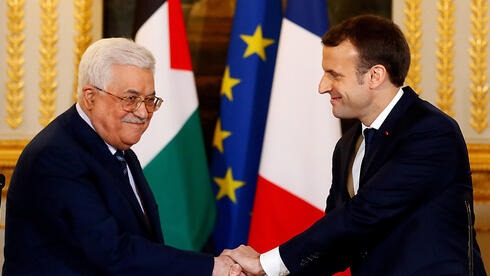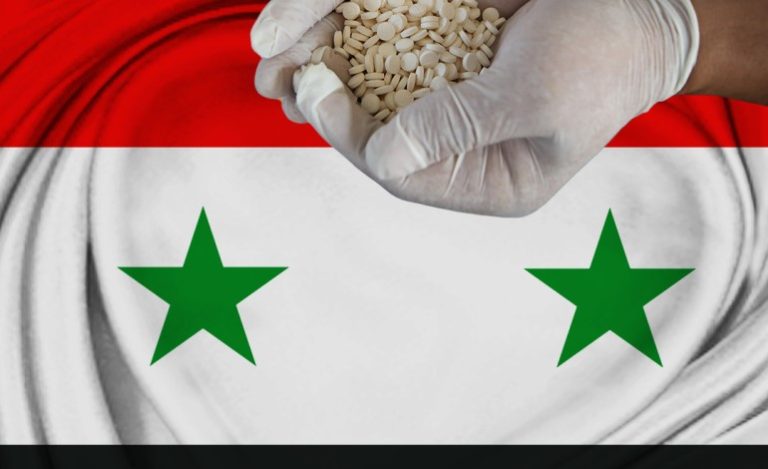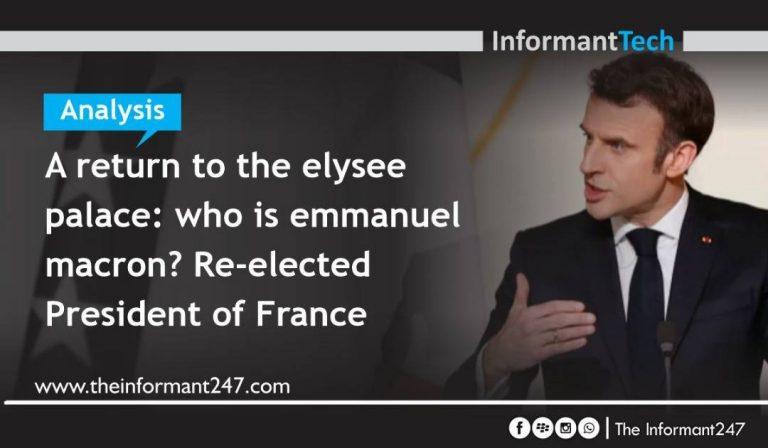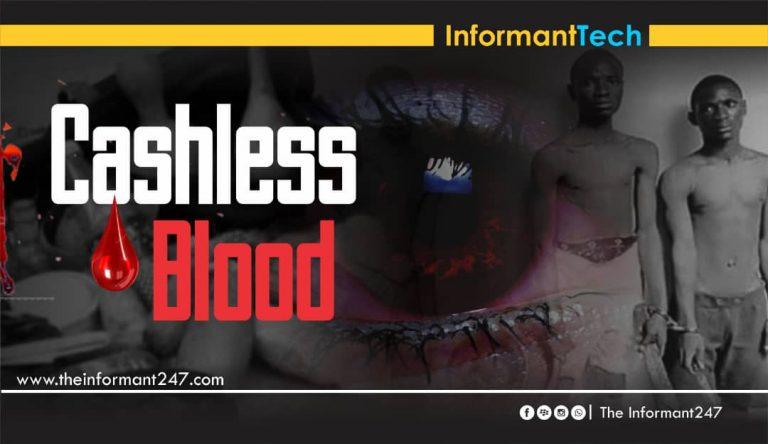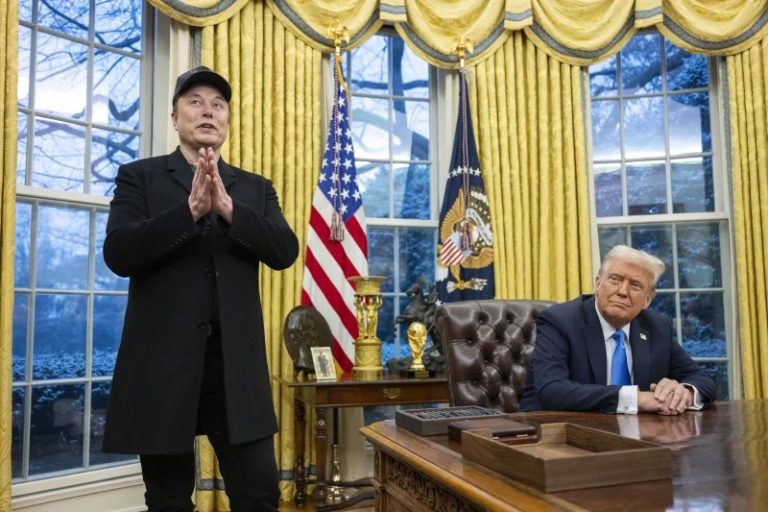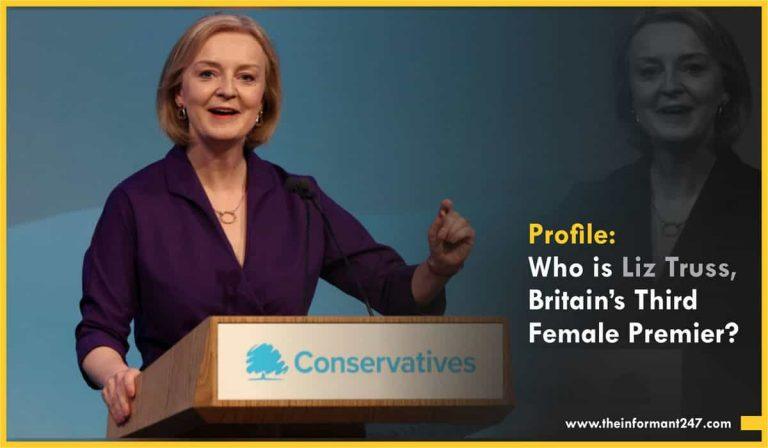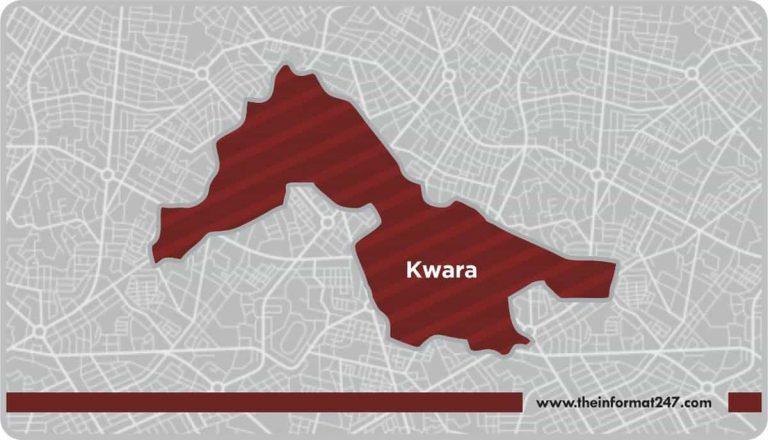France’s recognition of Palestine: Macron’s diplomatic gambit in a shifting global order
By Ogbu Thaddeus
On Thursday, July 24, 2025, French President Emmanuel Macron announced that Paris will recognise Palestine as a state, citing the urgent need to end the war in Gaza. The declaration came amid mounting global concern over the worsening humanitarian crisis in the territory. The conflict, which escalated sharply on October 7, 2023, has claimed thousands of lives and displaced countless others.
Macron’s announcement drew sharply divided responses. Supporters hailed it as a bold step toward peace, while critics saw it as reckless and politically motivated. It is noteworthy that 147 of the 193 UN member states already recognise the State of Palestine. Countries such as Spain, Norway, Slovenia, Ireland, and China are among those actively advocating for its establishment, amounting to roughly 75 per cent of UN members. France was the first among G7 members to announce its intention to recognise Palestine – a move later mirrored by the UK and Canada, marking a notable shift among key US allies.
While the announcement has sparked mixed reactions from leaders worldwide, a pressing question arises: Why has Paris, long opposed to Palestinian statehood, suddenly shifted its position? Is the decision aimed at winning favour with the Arab world? Could it be an attempt to re-establish France’s influence in Middle Eastern affairs after losing strategic footholds in West Africa? Is this a bold move to challenge US foreign policy, or a calculated bid by President Emmanuel Macron to secure his place in the annals of history?
What exactly is Paris seeking to achieve?
Reorientation
It is worth recalling that since the escalation of the Gaza war on October 7, 2023, France has been a prominent supplier of arms to the Israeli government. As one of the United States’ strongest allies within the G7, Paris consistently encouraged Israel to exercise its right to self-defence against Hamas. This stance translated into substantial military support, including the supply of an estimated 10,000 rounds of machine-gun ammunition to Israel. These deliveries enabled Israeli forces to equip their units and bolster their capacity to repel Hamas attacks. Under Prime Minister Gabriel Attal (January – July 2024), Paris even cautioned that criticism of Israel risked being perceived as antisemitism.
By October 2024, however, Paris began shifting its stance, advocating for a political rather than a purely military solution to the conflict. This change led to a gradual reduction in arms supplies to Israel, eventually resulting in a complete halt. France also encouraged other G7 members to adopt a similar approach. As tensions between Israel and Palestine deepened, France ultimately opted to recognise Palestinian statehood.

Macron’s Gambit
France’s engagement in the Middle East is not new. It dates back to Napoleon Bonaparte’s 1798 – 1801 expedition to Egypt and Syria and expanded through the League of Nations mandates over Syria and Lebanon after World War I. The loss of these mandates in 1946 diminished French influence, but Macron’s pivot suggests an ambition to reclaim relevance in a region long dominated by US policy.
The move also comes as France’s clout in West Africa has eroded sharply. The emergence of the Alliance of Sahel States (AES), comprising Mali, Burkina Faso, and Niger, has brought coordinated anti-French sentiment, leading to the expulsion of French forces and the loss of strategic influence between 2021 and 2023. With these setbacks, Paris is seeking new arenas to project power. Palestinian statehood advocacy offers such an opening.
Another drive is the recalibration of US-France relations under Donald Trump, who returned to the White House in November 2024. His administration revived aggressive trade tariffs targeting imports, not only for economic protectionism but also to consolidate the US’s global dominance. French exports, including luxury goods (such as those from Louis Vuitton), pharmaceuticals, and Peugeot auto parts, have been severely impacted. The tariffs have strained economic and diplomatic ties, prompting France to diversify its partnerships and assert a more independent foreign policy.
Breaking from US Dominance?
In this context, Gaza becomes more than a humanitarian crisis; it is a geopolitical opportunity. By leading a push for Palestinian statehood within the G7, Paris signals a readiness to diverge from Washington on a defining Middle Eastern issue. Macron’s move is, therefore, more than symbolic. It reflects France’s attempt to reposition itself as a global mediator, reclaim influence lost in Africa, counterbalance US economic leverage, and re-establish its historical presence in the Middle East. Whether this gamble bolsters France’s global standing or leaves it isolated from its traditional allies will hinge on what plays out at the September 80th session of the UN General Assembly and in the months that follow.

